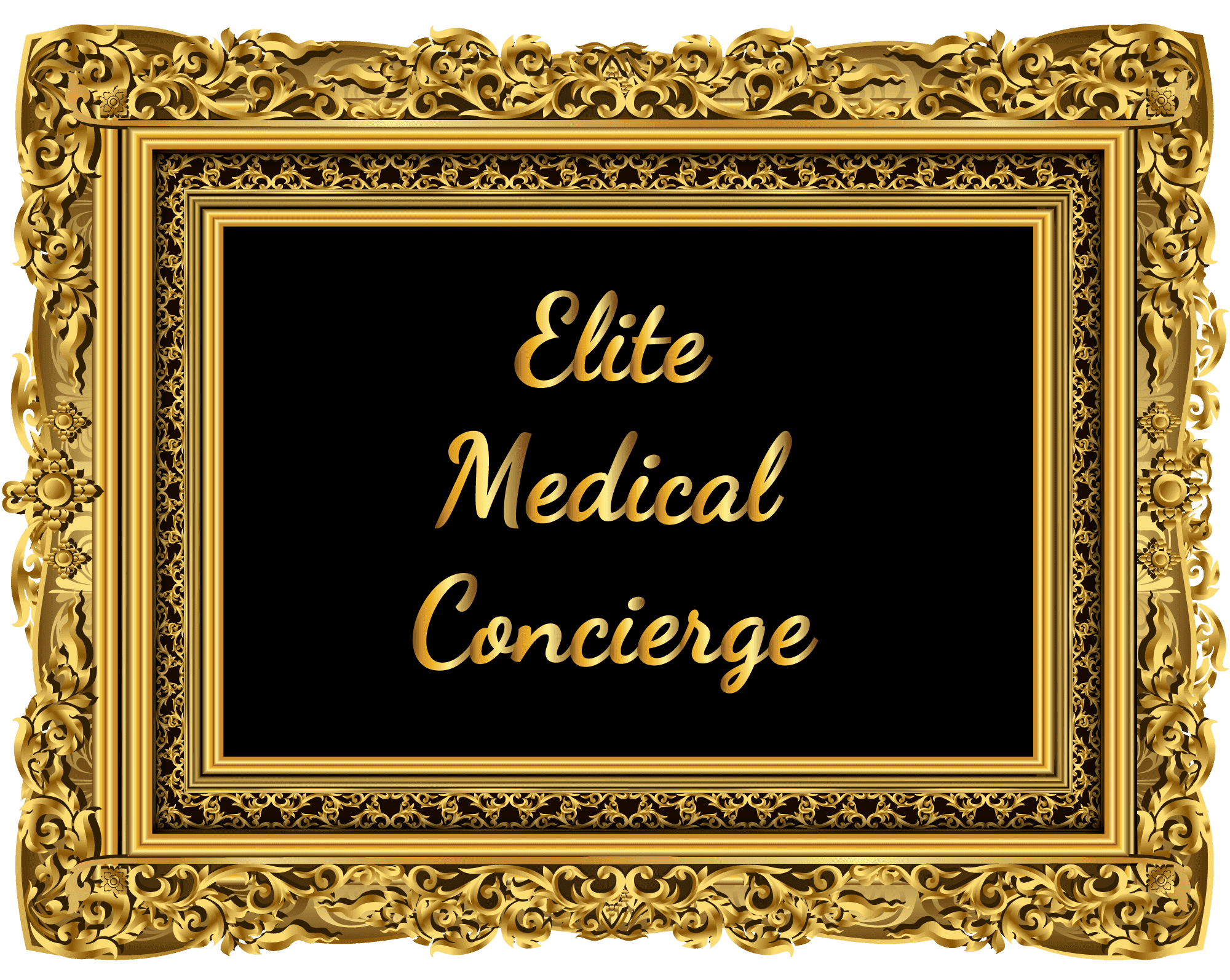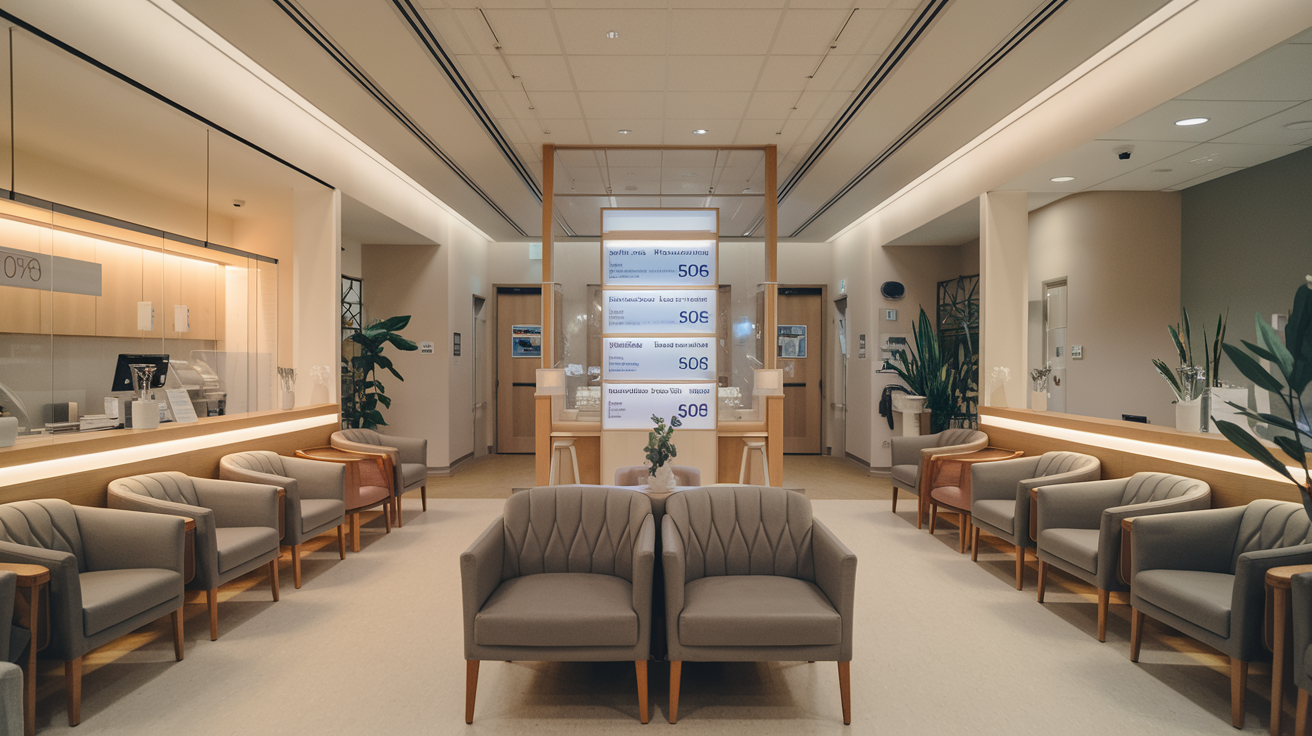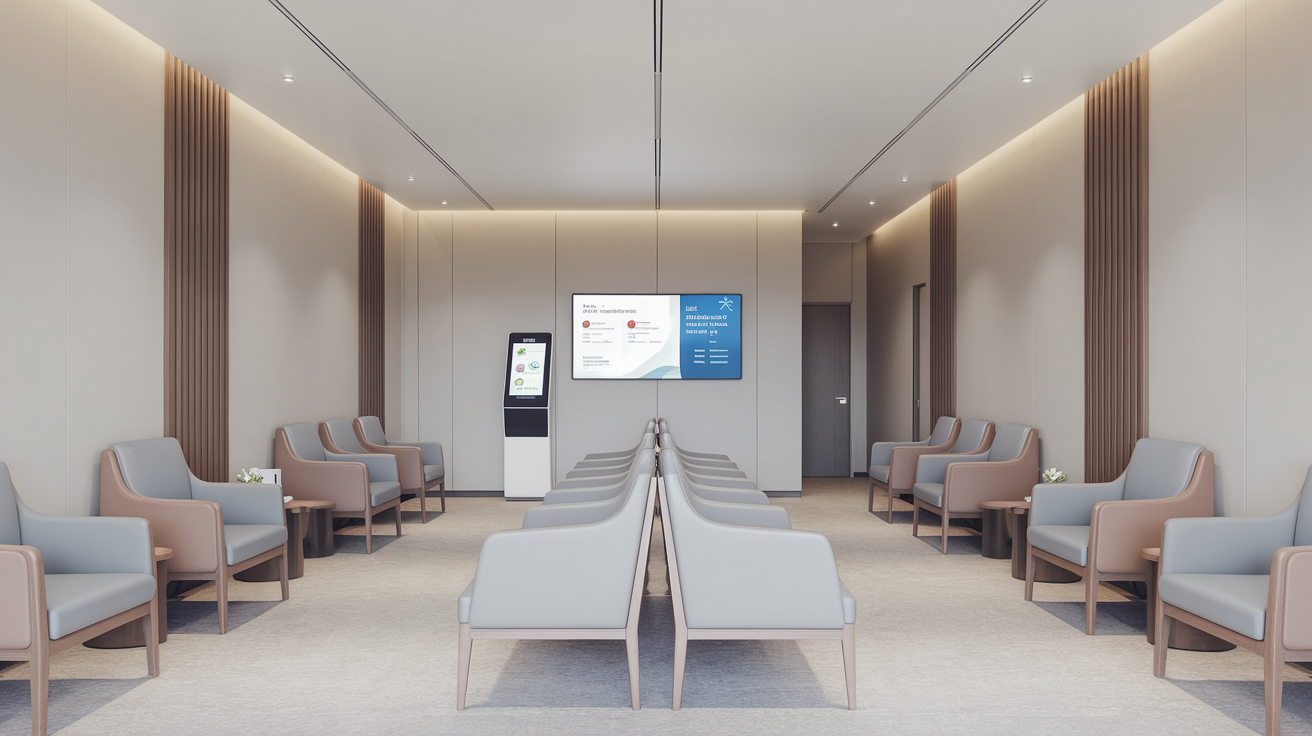Why More People Are Choosing Concierge Medicine
In recent years, concierge medicine has gained significant traction among patients seeking a more personalized healthcare experience. This innovative approach to medical care offers a range of benefits that traditional practices often struggle to provide. As more individuals prioritize their health and well-being, understanding the reasons behind this shift can shed light on the future of healthcare.
What is Concierge Medicine?
Concierge medicine, also known as retainer medicine, is a model where patients pay an annual fee or retainer to their primary care physician. In return, they receive enhanced access to medical services, which can significantly improve their overall healthcare experience. Some of the key features of concierge medicine include:- Longer appointment times that allow for thorough discussions about health concerns.
- Same-day or next-day appointments, ensuring that patients can receive timely care when they need it most.
- 24/7 access to physicians, providing peace of mind for patients who may have urgent health questions or issues.
- Comprehensive preventive care that focuses on maintaining health and preventing illness before it arises.
Reasons for the Growing Popularity
Several factors contribute to the increasing number of people opting for concierge medicine. These reasons highlight the changing landscape of healthcare and the evolving expectations of patients:- Personalized Care: Patients receive tailored treatment plans that cater to their unique health needs, allowing for a more individualized approach to healthcare.
- Improved Access: With fewer patients per physician, individuals can enjoy shorter wait times and more immediate care, which is particularly beneficial for those with busy schedules.
- Enhanced Communication: Direct access to doctors fosters better communication and understanding of health issues, leading to more effective treatment and patient satisfaction.
- Focus on Preventive Care: Concierge practices often emphasize preventive measures, leading to better long-term health outcomes and a proactive approach to wellness.
Who is Choosing Concierge Medicine?
Concierge medicine appeals to a diverse range of patients, each with unique healthcare needs and preferences. Some of the groups that are increasingly turning to this model include:- Busy professionals seeking efficient healthcare solutions that fit into their demanding lifestyles.
- Individuals with chronic conditions requiring ongoing management and personalized attention.
- Families looking for comprehensive care for all members, ensuring that everyone receives the attention they need.
- Health-conscious individuals prioritizing preventive care and wellness strategies to maintain their health.
Potential Drawbacks to Consider
While concierge medicine offers numerous advantages, it’s essential to consider potential drawbacks that may affect patients' decisions:- Cost: The annual fees can be a barrier for some patients, making it less accessible, especially for those without the financial means to pay out-of-pocket.
- Insurance Limitations: Many concierge practices do not accept insurance, which may complicate billing and reimbursement processes for patients.
- Availability of Specialists: Patients may still need to navigate traditional healthcare systems for specialist care, which can be a drawback for those requiring specialized treatment.
Conclusion
As healthcare continues to evolve, concierge medicine stands out as a viable option for those seeking a more personalized and accessible approach to their health. By understanding the benefits and considerations associated with this model, patients can make informed decisions about their healthcare journey, ultimately leading to improved health outcomes and satisfaction with their medical care.
Discover how the shift from traditional healthcare to "Human Care" prioritizes empathy, compassion, and holistic well-being, ensuring every individual feels valued and understood. Explore the key components and benefits of integrating Human Care into healthcare systems for improved patient outcomes.










